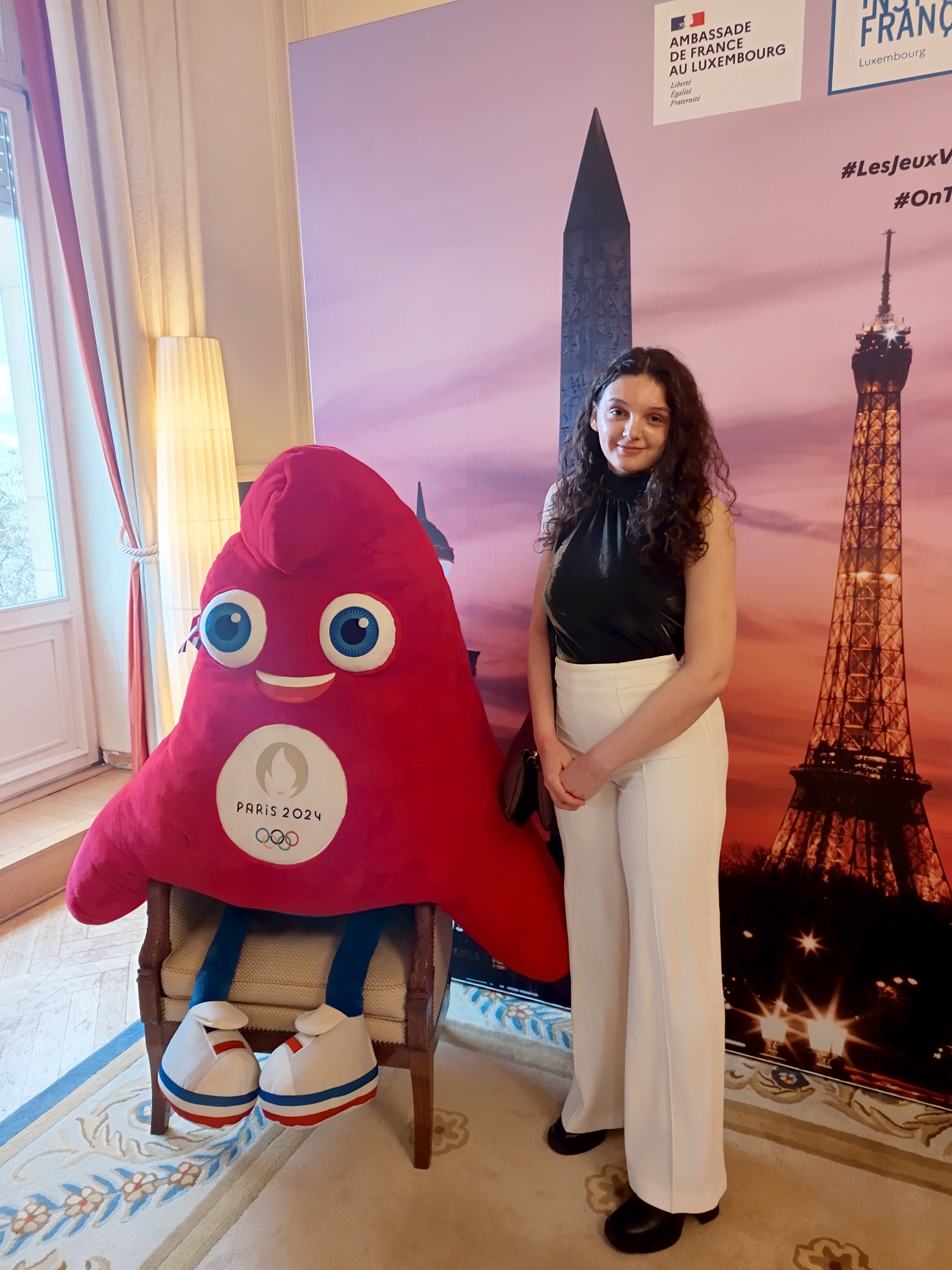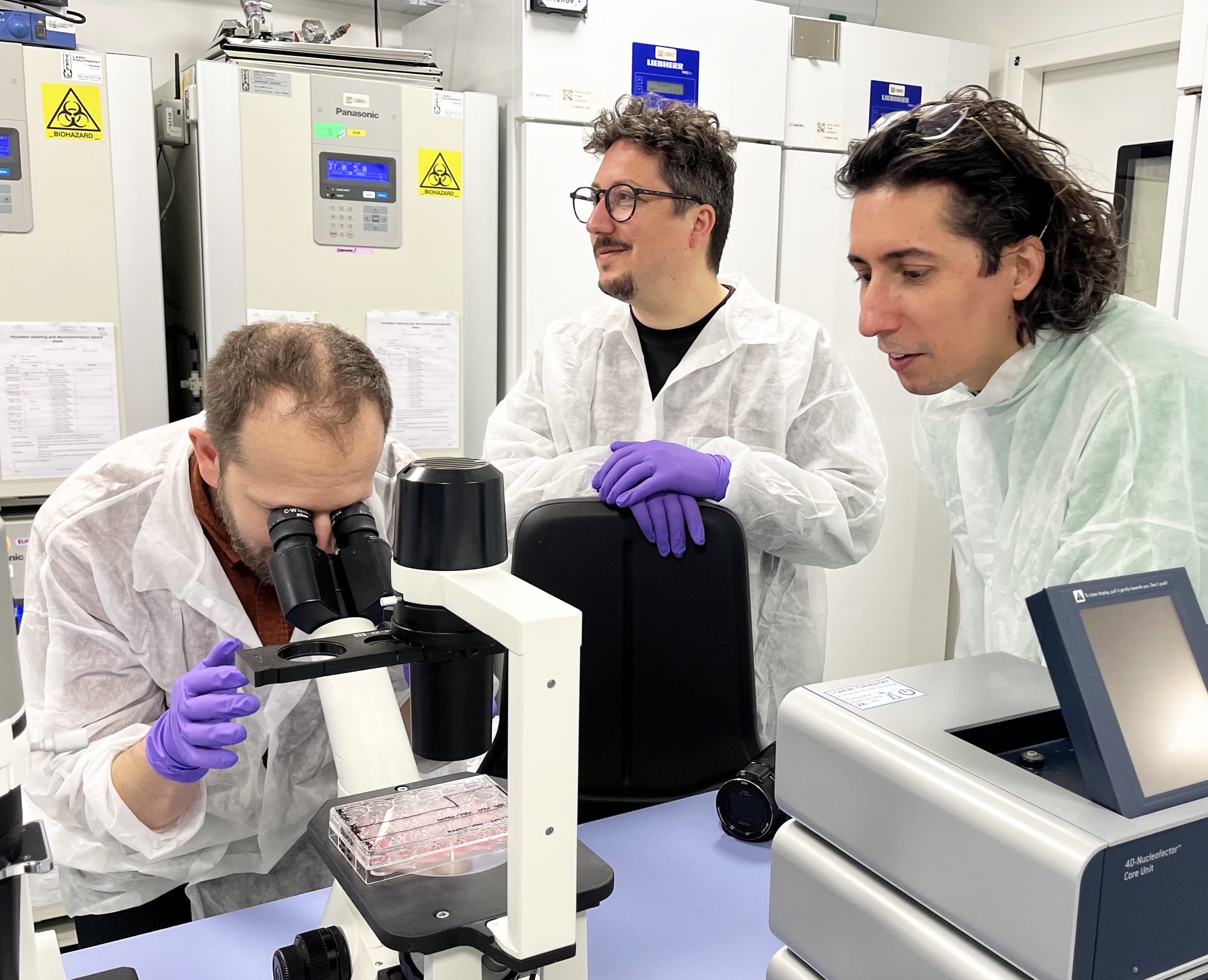Aktualitäten
-

-

-

Uni.lu-Aktionsplan zur Förderung der Forschungsevaluierung jetzt verfügbar
Forschung, UniversitätMehr erfahren -

-

Kunst trifft Wissenschaft: Erste Künstlerresidenz an der Universität
Campusleben, OutreachLebenswissenschaften & MedizinMehr erfahren -

SustainLux – eine neue Plattform zur Vernetzung von Nachhaltigkeitsinitiativen
OutreachSozialwissenschaftenMehr erfahren
Aufruf zur Bewerbung
-

-

Appel à candidatures : Directeur fondateur /Directrice fondatrice du Centre Interdisciplinaire en Droit Européen
UniversitéMehr erfahren



